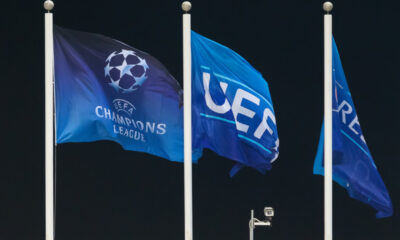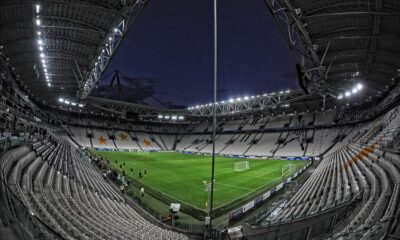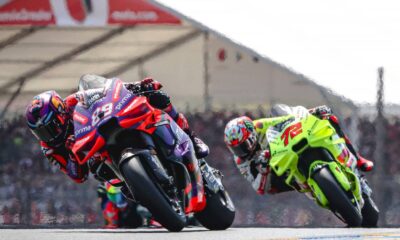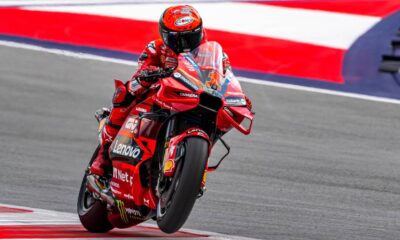Champions League
The European Super League will apparently be, winning a court case against UEFA and FIFA. What to expect from this project?
When the new European Super League competition was announced in 2021 by Real Madrid and FC Barcelona, the top clubs in Spanish football, it essentially fell apart immediately when UEFA threatened the participating teams with expulsion from the Champions League, European Cups and national leagues. But now a twist has come!
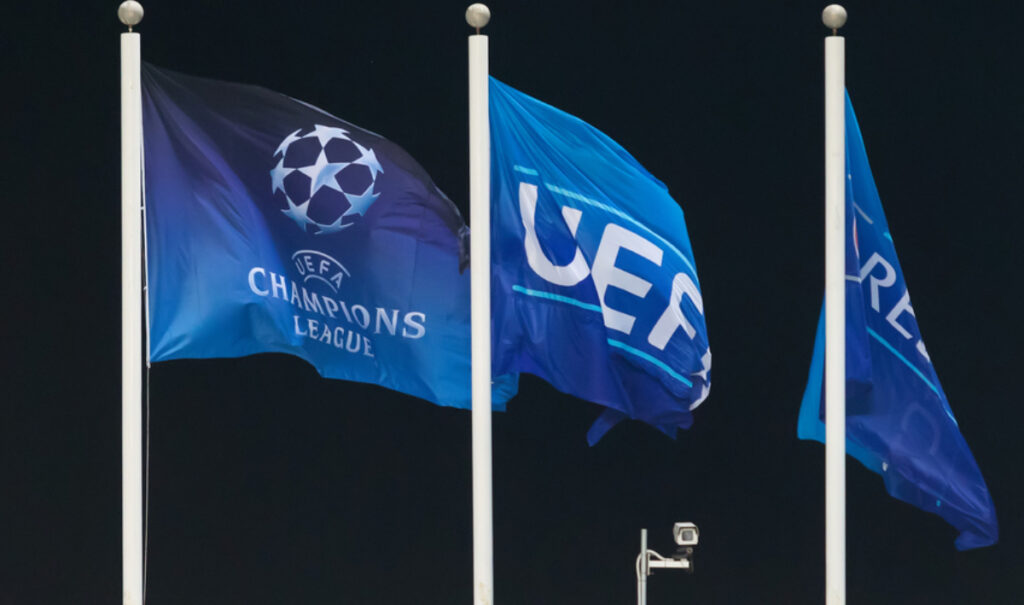
When the new European Super League competition was announced in 2021 by Real Madrid and FC Barcelona, the top clubs in Spanish football, it essentially fell apart immediately when UEFA threatened the participating teams with expulsion from the Champions League, European Cups and national leagues. But now a reversal has come!
The lawsuit
There were complaints and demonstrations by fans (mainly Premier League clubs) which forced most clubs to withdraw from the Super League project. However, the persistence of the initiators of the new project and the legal action paid off, as the European Court of Justice gave the green light to the Super League. A22 Sports was behind the move, believing that UEFA and FIFA had banned the Super League illegally in the past, and took the case to the ECJ, which found them right.
A fresh court ruling has established that FIFA and UEFA’s rules on prior approval of inter-club football competitions such as the Super League are contrary to EU law. They violate both the free movement of services and competition law. FIFA and UEFA regulations that prohibit clubs and players from participating in these competitions and require their prior approval for any new inter-club football initiatives such as the Super League are illegal.
According to the European Court, there is no structure in place to guarantee that FIFA and UEFA regulations are fair, equitable, non-discriminatory and proportionate. Similarly, given the importance of these tournaments to EU media consumers and television viewers, the regulations that grant FIFA and UEFA exclusive control over the financial exploitation of the rights associated with these championships are designed to restrict competition.
Now that this court ruling is final and cannot be challenged by FIFA or UEFA, the way is clear for the introduction of the Super League or any other independent football league. However, the ECJ said that this does not mean that a competition such as the Super League project must necessarily be approved. The court did not comment on the specific project in its decision, as it was asked a broad question regarding FIFA and UEFA regulations. In other words, the decision does not effectively say that the Superliga must go ahead. It related solely to the FIFA and UEFA monopoly.
The new Super League
Superliga will not have its original format, however, but will somewhat replicate the structure that UEFA has in its three European club competitions. There will be a top star division, a golden division below that and a blue division at the tail.
While 72 clubs participate in the UEFA leagues, 64 clubs would participate in the Super League. In the star and gold divisions there should be 16 clubs divided into two equal groups of eight, while in the blue division there should be the remaining 32 teams divided into groups of eight.
There would be a league phase from September to April, with each team playing home and away against every team in its group. The teams that finish in the top four places in the groups in the two better divisions, and the top two places in the groups in the blue division, would advance to the knockout stage. This will be followed by an away and home quarter-final, then an away and home semi-final, and a one-game neutral ground final to determine the winners of each division. There will be promotion and relegation within the divisions; a whopping twenty of the thirty-two clubs will be relegated from the Blue Division after the season.
There has been a change from the previous concept, as one of the main objections to the previous format was that historically significant teams would be protected from being knocked out of the Super League each year simply for being themselves. As a result, they would be protected from withdrawal from the competition and would always have access to the annual revenue generated by the Superleague. Now, however, any team can be promoted or relegated.
To make matters worse, the Super League will be live streamed for free, however, the broadcasts will include advertisements to at least monetise the content in some way. This is a fair concept for football fans, however, in my opinion, the owner of the Super League itself is putting itself at a pretty solid risk, as if the European greats do not participate in the Super League for some reason (either because they have a different goal for the season or because they are relegated), there is a risk that advertisers will not pay the amount of money for advertising that is currently in the business plan. If this went on for multiple seasons, surely the bounties would be touched, making teams less incentivised to prefer Super League performances, and we’re already in a spiral that will be hard to jump out of.
In conclusion…
How do you like the current Super League concept? Personally, I think that the Star and Gold divisions will be occupied by the same teams in the long run, and that’s because English, and by extension Spanish and Italian teams have more spending power, which means they have better quality and bigger squads that teams from other countries will struggle against.
The groups are played in a one-versus-one format, so even if a football minnow could catch the favourite in a match, in the long run it is unlikely to do so over and over again. Thus, the most interesting thing in the finals may be the volatile blue division.
Given that not enough teams have signed up to start the Super League yet, the whole concept may yet fail. But at least a couple of seasons would certainly be worth a look at the new format and football at its most luxurious.
Source: A22 Sports

-
Motorsport4 days ago
Jorge Martín is rewriting history! the 26-year-old Spaniard became the new MotoGP World Champion, Bagnaia succumbed despite his best efforts
-
Motorsport5 days ago
Bagnaia keeps hopes of a miracle alive with MotoGP sprint win in Barcelona, third-placed Martín one step away from title


